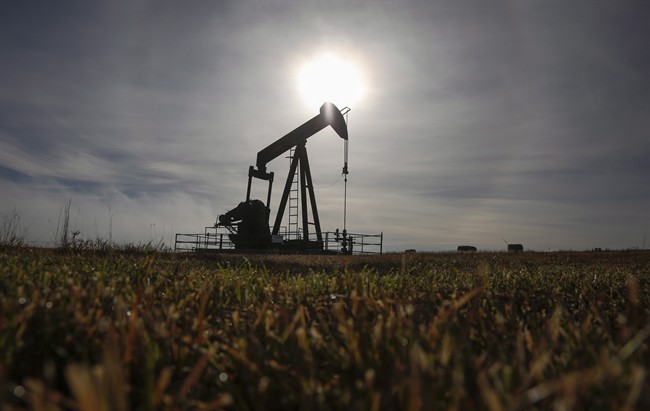A strong second quarter has prompted the Petroleum Services Association of Canada (PSAC) to increase its drilling forecast.

In the third update to its 2017 drilling activity forecast, PSAC is increasing its forecast from, 6,680 wells to 7,200. Over 3,600 of the new wells are forecast for Alberta.
In a Monday media release, PSAC president Mark Salkeld said cost cutting from the services sector is still having a significant effect in helping companies to drill more wells at less cost. But, he said there’s also a downside.
“Slim services sector margins mean less funds available for new R&D and innovation. Only those players with deep pockets can continue to develop leading edge technologies and process solutions,” Salkeld said.
He also said the “unsophisticated and borderline archaic supply chain and collaboration in Canada” don’t make him optimistic that things will improve.
Provincially, it’s estimated 3,604 wells will be drilled in Alberta, up from 1,900 in the original forecast. It’s expected 580 wells will be drilled in B.C., 2,794 in Saskatchewan and 206 wells in Manitoba.
Salkeld said while the increased drilling activity is good news, the lack of new pipelines and public support for infrastructure suggests the levels of activity we saw in 2014 are likely a thing of the past.
Salkeld is also concerned by last week’s decision by Petronas to abandon the Pacific Northwest LNG project in B.C., and said it’s another sign that investors see better opportunities elsewhere.
PSAC based its updated forecast on average natural gas prices of $2.75 CAD/mcf, crude oil prices of US$49.00 per barrel (WTI) and the Canada-U.S. exchange rate averaging $0.77.






Comments